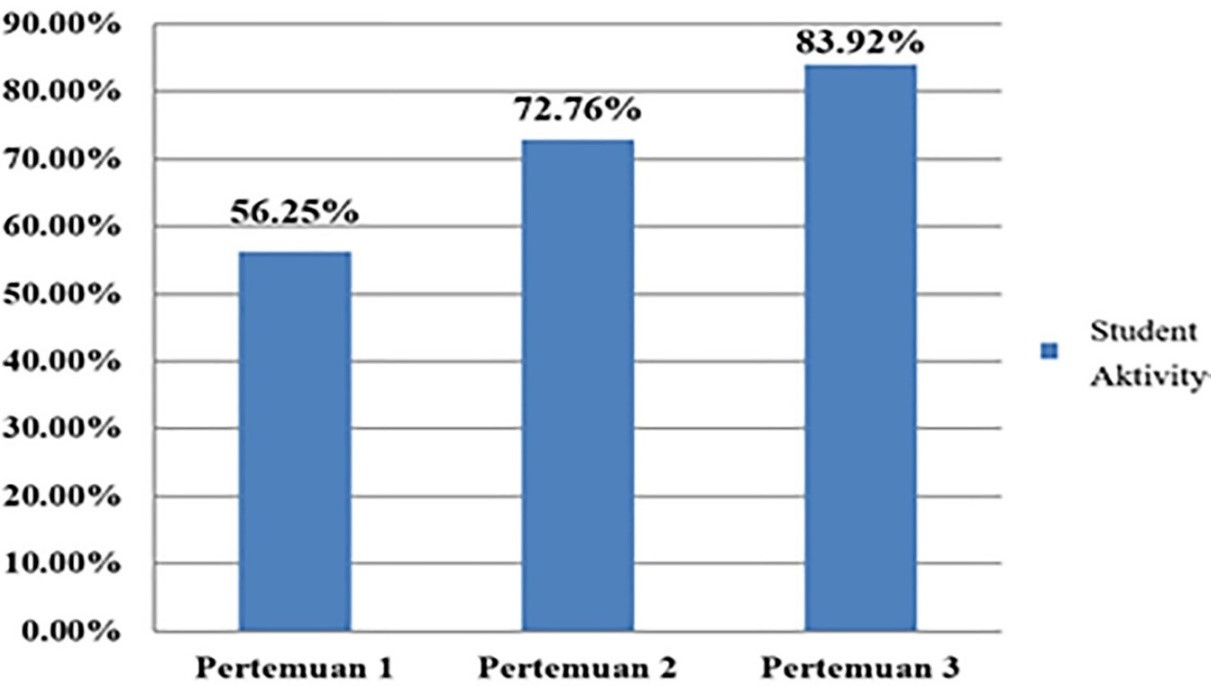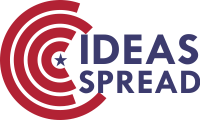Online Class Resitation Learning Model During the Covid-19 Pandemic to Increase Outcomes Students Learning in Class Accounting Lessons
Xi Department of Accounting Department of State Vocational School 1 Tompaso New Minahasa
Abstract
This study aims to determine the improvement of student learning outcomes through the online class recitation learning model during the covid-19 pandemic, on the learning process of class X1 students of the Accounting Department at SMK Negeri 1 Tompaso Baru Minahasa, totaling 14 students. The online classroom research method used is in the form of CAR (Classroom Action Research) which refers to classroom action research. In terms of treatment, learning is given that applies an online class recitation learning model.
From the results of the analysis obtained by researchers on accounting subjects with service company accounting cycle material with the stages: Recording transactions/documents into general journals (General Entries) and posting from general journals to general ledgers (General Ledger), there is an increase in student learning outcomes. This increase can be seen from the percentage of student learning completeness individually and classically. This increase can be seen from the percentage of student learning completeness individually and classically. At the pre-cycle stage or before the implementation of the action, the average value of the class was 63.92 with the percentage of classical learning completeness only 35%. In the first cycle, it reached an average of 71.78 with a classical mastery level of 64.28%. While the learning outcomes in the second cycle reached an average of 77.85 with the classical learning completeness level reaching 92.85%. Likewise with student learning activities at every face-to-face online class. Student activity at the 1st meeting only reached a percentage of 56.25% with high criteria. At the second meeting it reached a percentage of 72.76% with high criteria, and at the third meeting it reached a percentage of 83.92% with very high criteria. Thus, student learning activities and student learning completeness in online classes during the COVID-19 pandemic increase by using the online class recitation learning model. With learning outcomes reaching 92.85% above the minimum learning completeness.
References
Aqib, Zainal, et al. (2010). Classroom Action Research. Bandung: Yrama Widya.
Arikunto, Suharsimi, et al. (2018). Classroom Action Research. Jakarta: Earth Literacy
Arikunto, Suharsimin (2010). Research Management. Jakarta, Renaka Cipta.
Hamzah, B. Uno (2011). Learning Planning, Jakarta, Bumi Aksara.
Dimyati, et al. (2012). Learning And Learning. Jakarta: Rineka Cipta.
Djamarah, Zain (2016). Teaching and Learning Strategy. Rineka Cipta: Jakarta.
Elfis. (2016). Classroom Action Research Methodology Teaching Materials. Pekanbaru: FKIP UIR
Yonny, Acep, et al. (2010). Compiling Classroom Action Research. Yogyakarta: Family.
Yudhistira, D. (2016. Compiling a Scientific Paper that Meets the "APIK" Criteria. Jakarta: PT. Grasindo.
Moleong, Lexy J. (2000). Qualitative Research Methodology. PT. Remaja Rosdakarya, Bandung.
Muslich, Masnur. (2017). Implementing Classroom Action Research CAR is Easy. Jakarta: Earth Literacy.
Government Regulation No. 17 of 2010, concerning: Management and Implementation of Education, East Java, Yogyakarta
Roestiyah, N. K. (2018). Teaching and Learning Strategy. PT. Character Building. Jakarta.
Rochiati Wiriaatmadja. (2015). Classroom Action Research Methods. Bandung: PT. Rosdakarya Youth.
Rusly, M. (2009). Communication and Information Technology in Education, UNESCO Expert in Language. Jakarta, Dress Persada (GP Press).
Saputro, Suprihadi (2013). Fundamentals of General Teaching Methodology. Malang: IKIP Malang.
Slameto (2012). Learning and Factors That Affect It, Jakarta: Rineka Cipta.
Slamet (2012). Teaching and Learning Process in the Credit System (SKS). Jakarta: Earth Literacy
Syafrudin Nurdin (2016). Curriculum and Learning: Rajawali Press. Jakarta
Soekartiwi (2013). Improving Teaching Effectiveness. Jakarta: Dunia Pustaka Raya.
Sudjana, Nana (2010). Assessment of Teaching and Learning Outcomes. (Ct. XV). Bandung: PT. Rosdakarya Teens
BSNP. (2017). Guidelines for Assessment of Learning Outcomes in Elementary Schools. Jakarta: Ministry of National Education
Decree of the Minister of Education and Culture of the Republic of Indonesia No. 36962/MPK_A/HK/2020, Regarding Covid 19 Response and Online Learning.
Maya, Sari, Yuni (2008). Application of the Recitation Method to Improve Mathematics Learning Outcomes of Class VIII.F Students of SMP Negeri 25 Pekanbaru in the 2007/2008 Academic Year. Retrieved December 19, 2014 from http://kamiluszaman.blogspot.com/2014/11/application-method-recitation
Sari, sunindar, auliyawati. (2005). Effect of motivation, learning methods and Environment on accounting learning achievement in class XI Social science of SMA Negeri 1 Karanganom Klaten. Retrieved December 19, 2014 from http://one.indoscription.com/
RI Law No. 20 of 2003, concerning: National Education System, Indonesian Legislation Association, concerning: National Education Agency, Complete Edition, 2009. MP. Media Purnama Bandung.


This work is licensed under a Creative Commons Attribution 4.0 International License.
Copyright for this article is retained by the author(s), with first publication rights granted to the journal.
This is an open-access article distributed under the terms and conditions of the Creative Commons Attribution license (http://creativecommons.org/licenses/by/4.0/).








1.png)

















